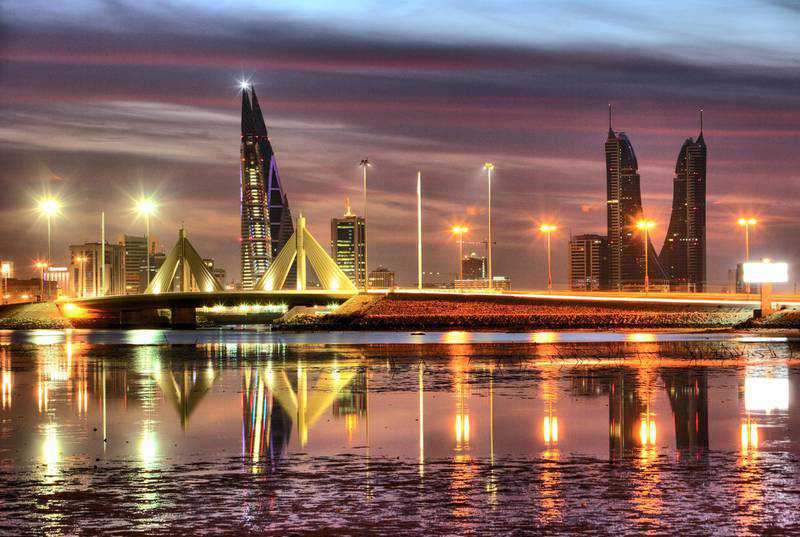S&P revises Bahrain’s outlook to stable on fiscal reforms and higher oil prices

S&P Global Ratings revised Bahrain's outlook to stable from negative, as the Gulf country undertakes fiscal reforms to strengthen its economy. Higher oil prices as well as support from other GCC members are also expected to help the country improve its fiscal position.
The ratings agency affirmed Bahrain’s ‘B+/B’ long and short-term foreign and local currency sovereign credit ratings, it said in a statement.
“The stable outlook indicates we expect the government to implement measures to reduce the budget deficit and benefit from support from other GCC sovereigns if needed, in addition to the direct fiscal support already pledged,” S&P said on Saturday.
Last month, Bahrain rolled out an economic plan that seeks to invest nearly $30 billion in strategic projects to fuel post-coronavirus growth, boost employment for citizens and attract foreign investment.
The government also adopted cost rationalisation measures, including increasing VAT to 10 per cent to help the kingdom balance its budget by 2024.
It aims to create more than 20,000 jobs for citizens annually until 2024 and train 10,000 more through its Tamkeen programme, according to the official Bahrain News Agency. The government also unveiled details of an initiative that seeks to attract $2.5bn in foreign direct investment by 2023.
“We expect the increase in VAT (from January 1 next year) could contribute receipts of about 3 per cent of GDP over the medium term, up from about 1.7 per cent in 2021,” the ratings agency said.
The government also plans to boost non-oil revenue starting in 2023 by increasing fees and other measures that will support the economy, S&P said.
The country, the smallest within the six-member GCC economic bloc, is forecast to grow 3.3 per cent this year after shrinking 5.4 per cent last year owing to the coronavirus pandemic, according to the International Monetary Fund.
Higher oil prices are also expected to help the country increase its revenue in the near term. Brent, the global benchmark, has rallied more than 40 per cent since the start of the year, to $72.72 per barrel on Friday.
“The recent increase in oil prices have reduced external and monetary pressure. The current account in the first half of 2021 posted a surplus of 1 per cent of GDP,” S&P said.
The ratings agency expects Bahrain to receive full disbursement under the $10bn fiscal support package extended by Saudi Arabia, the UAE and Kuwait in 2018 with the potential for additional financial support.
Bahrain received $6.3bn over a two-year period from 2018 to 2020, while total disbursements this year are expected to be $1.85bn. It is also expected to receive $1.42bn in 2022 and $650 million in 2023.
“The government's vaccination campaign has been successful and the King Fahd Causeway to Saudi Arabia reopened in May, providing additional impetus to economic growth,” S&P said.
“Projects funded by the $7.5bn GCC Development Fund, provided in 2011, which is separate from the $10bn GCC support package, will continue to support investment over the forecast period.”
Tags :
Previous Story
- EGA aims to decarbonise its operations as demand...
- Nokia has a new tablet after seven years....
- EU retail giant Schwarz Group snags security startup...
- BlackRock expects sustainability to influence how future investment...
- Dubai Airshow: Edge and IAI to develop advanced...
- Pushing action on climate change up the corporate...
- GMIS to host country-focused conferences on innovation and...
- New Lumin Edge Gives Homeowners Control and Optimization...